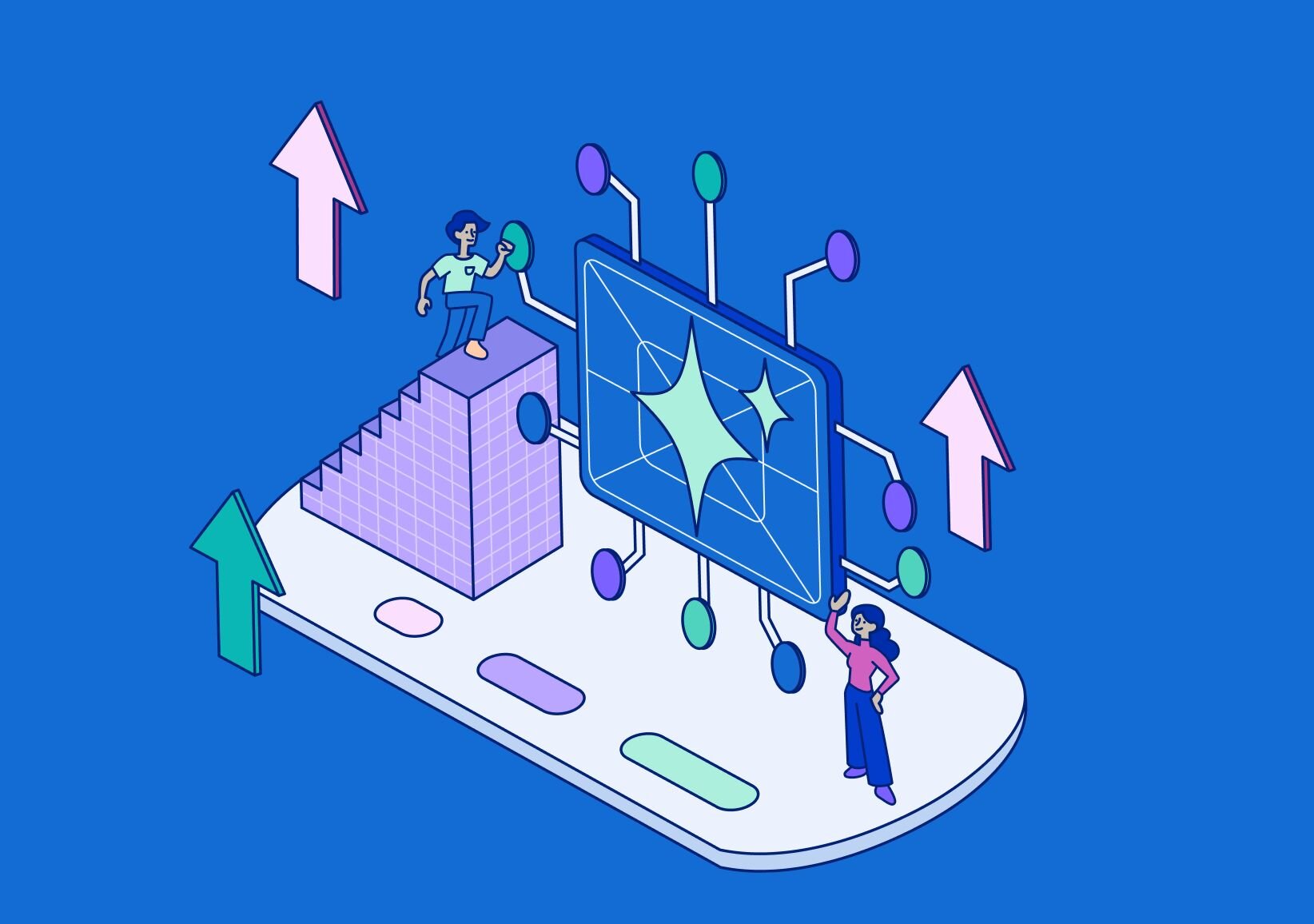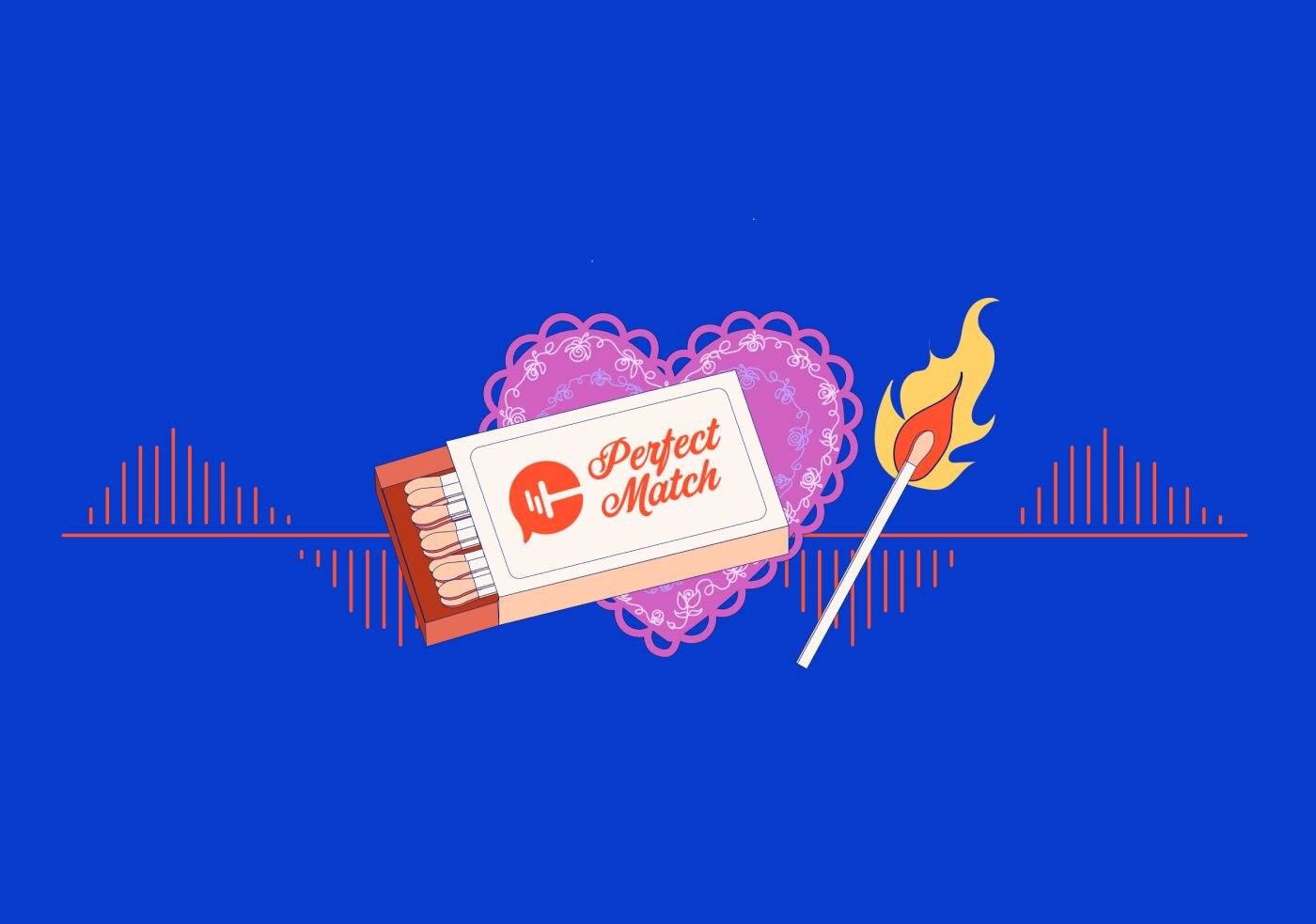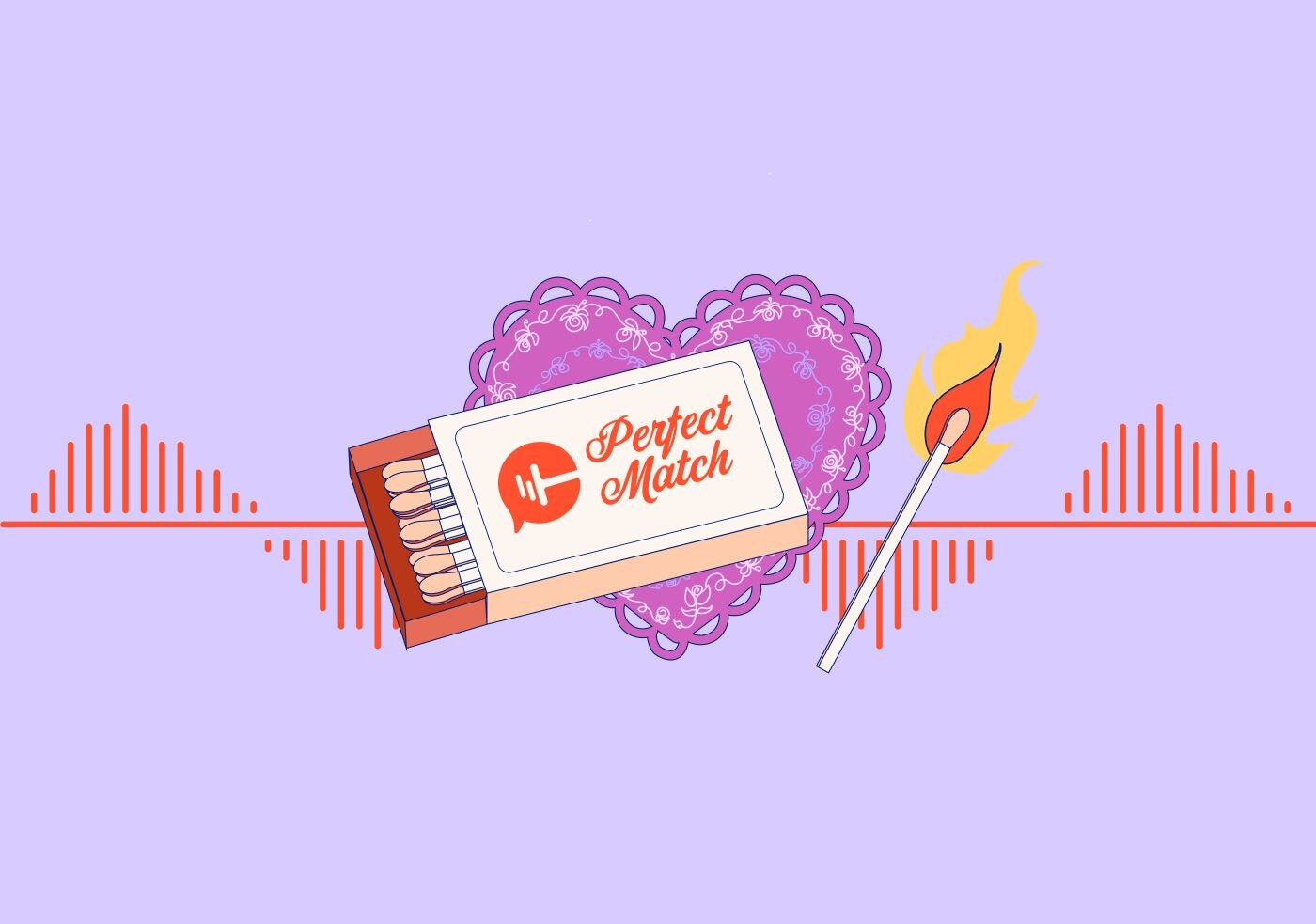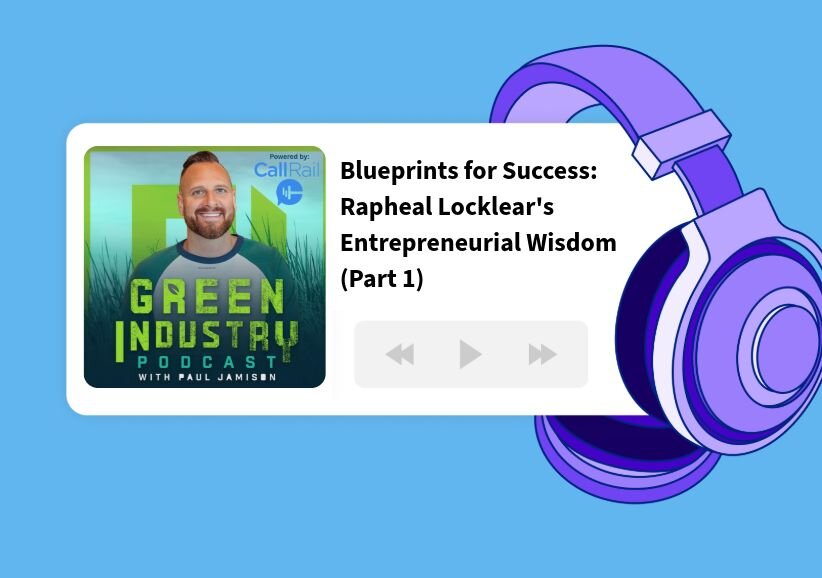Guest post written by Steve Armenti, CEO and Founder of twelfth, a marketing and sales agency that helps B2B companies create account‑based experiences.
At 5:47 AM last Tuesday, my AI voice assistant qualified and scheduled a meeting with a high-value prospect for me while I was sleeping.
The prospect was in London, saw one of my LinkedIn posts, called our inbound line, got connected with an intelligent AI that began to understand their pain points, qualified their budget and project, scheduled our meeting, and synced with my CRM.
This is the future of agency client services. It's happening right now.
The agency revenue leak we all ignore
Managing 12+ client campaigns means every missed call is lost revenue multiplied by client frustration. And agencies are missing more calls than we care to admit.
The average agency client loses 20-30% of their inbound from after hours. In B2B, especially global, each missed call represents potential deals worth $10,000 to $100,000+. For our SaaS clients, that number averages about $40K.
It's not just about the immediate revenue loss. It's about client retention. When a prospect calls you at 9 PM with an urgent need and gets voicemail, they don't just hang up—they call your competitor.
Call forwarding services lack context. Generic answering services can't qualify leads or speak intelligently about your client's value prop. Overseas call centers damage brand trust.
Agency owners need something different. Something that could represent us as intelligently as our best sales rep, but available 24/7.
The AI voice revolution changes everything
Modern AI voice assistants utilize technology that can hold natural conversations, understand context, qualify prospects in real-time, and integrate seamlessly with existing martech stacks.
Take CallRail's Voice Assist, which we've been piloting at twelfth and with our clients account based marketing programs. We’ve had a very positive experience, and so have many of CallRail’s customers:
Franco Aquino from REN Marketing shared that they "cut unanswered calls in half with Voice Assist. It's made a huge difference in our lead flow."
Carlos Alfonzo from KSA Property Management saw similar results: "We reduced our missed calls by 44% using Voice Assist. That's a huge win for our team and our clients."
But what I love is the intelligence layer.
Unlike basic call routing, AI voice assistants can:
- Understand natural language and respond conversationally
- Qualify leads using my own BANT criteria or custom qualification frameworks
- Route calls based on phone number source, lead type, or real-time availability
- Capture and sync data directly into CRMs and marketing automation platforms
- Provide immediate follow-up with personalized content
Michael Hurley from Einstein Industries nailed it: "We rely on CallRail as the central hub for tracking, analyzing, and optimizing every marketing dollar we spend for our clients. Voice Assist adds another layer—now we're capturing high-intent leads even after hours, qualifying them automatically, and feeding that data right back into our reporting and ad platforms. It's made our campaigns smarter and our results stronger."
This new technology can become a competitive advantage for your agency. Your competitors will continue missing leads to voicemail, while you're capturing, qualifying, and nurturing them 24/7.
How to implement AI voice
Start with your highest-value clients—maybe those with significant after-hours call volume and high value deal sizes. These are your proof-of-concept accounts where ROI will be most obvious.
Ensure your voice AI flows data into your existing attribution stack. Campaign source, lead score, conversation intelligence needs to maintain the data integrity you've worked so hard to build. This will make your attribution reporting even more complete.
Training the AI requires your specific context. Feed it historical call recordings, common objections, product positioning, and brand voice guidelines. The better the training data, the more natural and effective the conversations become.
The key is starting small, proving ROI with concrete metrics, then scaling across your client portfolio.
The early-mover advantage won't last long
Client expectations are evolving faster than most agencies realize. Modern B2B buyers expect instant response, regardless of time zones or business hours. They're researching solutions at whatever time works for them (not you), making decisions over weekends, and calling when they have five minutes between meetings.
Agencies deploying AI voice will pull ahead in 2025-2026, especially as buyers and prospects expect real-time results and get more comfortable with AI.
Scott Clift from Westpark Loans shared a quote that perfectly represents this opportunity: "The Voice Assist product CallRail is working on is something to be proud of. An AI assistant aligns perfectly with the future direction of call handling, positioning you at the forefront of innovation. You're right at the cutting edge of where industry is headed, and it's already proving to be a game-changer."
The technology exists. The results are proven. The competitive advantage is available right now.
Will AI voice assistants become standard in agency operations? Will you be an early adopter who builds better client and prospect experiences?










